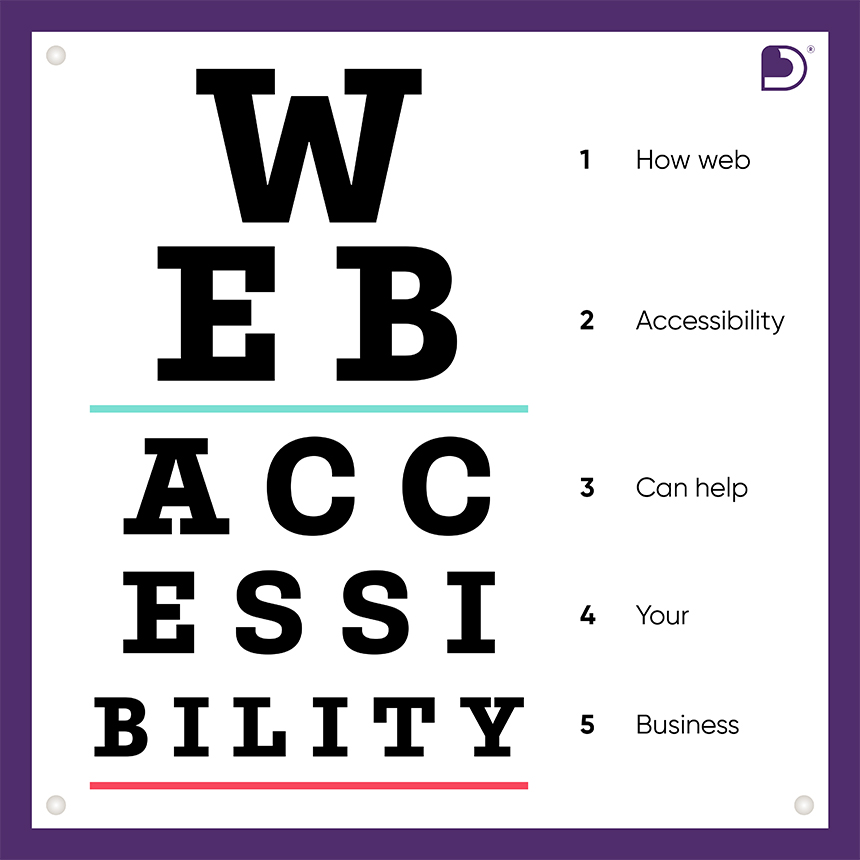European Accessibility Act: Will your website sink or swim?
It represents a significant step towards a more inclusive digital world. By prioritising accessibility, businesses can not only comply with the law but also unlock new opportunities, enhance their brand reputation, and create a better user experience for everyone.
Many of us take for granted the ease with which we can navigate a website. It’s easy to forget that isn’t the case for everyone. Many people face obstacles that make navigating a website challenging, such as visual, auditory, motor, or cognitive impairments, technical limitations, and other factors.
It’s crucial that businesses design and develop websites and web applications so that people of all abilities, including those with disabilities can use and interact with them effectively.
A sad state of (digital) affairs
By adhering to web accessibility best practices and guidelines, such as the Web Content Accessibility Guidelines (WCAG), developers can create inclusive digital experiences that are accessible to everyone, including those with visual impairments, hearing loss, or motor disabilities.
A staggering 96% of the world’s top one million web pages ignore accessibility (Source: WebAIM) and 98% of websites are not compliant with WCAG. (Source: AccessiBe). This means that there is a prime opportunity for businesses to not only demonstrate their commitment to inclusion but also to stay ahead of their competitors in the digital landscape.
Why does web accessibility matter?
If you aren’t making web accessibility a key part of your digital strategy, you are preventing a large percentage of the population from using your site. By making websites accessible, businesses not only comply with legal requirements like the EAA but also expand their reach to a broader audience, including millions of people who rely on assistive technologies.
An accessible website enhances the user experience for everyone, improves SEO rankings, and reflects a company's commitment to inclusivity and social responsibility. Prioritising web accessibility can lead to increased customer satisfaction, loyalty, and a stronger brand reputation, while also opening doors to new market opportunities.
Do the right thing
Web accessibility shouldn’t be an afterthought. It’s an essential component of a digital strategy that shows a commitment to inclusion and shows visitors to your site that you care about providing them with the best user experience possible.
As more companies realise the importance of web accessibility, it becomes more likely that those who fall behind will be hit with financial repercussions through penalties, loss of users, leads, and conversions as well as a perception that those companies are ignoring people with disabilities and do not value them as customers.
Want your website to swim?
As the 2025 deadline approaches, it's crucial for businesses to take proactive steps to ensure they are ready for the EAA and embrace the benefits of digital inclusion. If you are concerned about your current site falling short of accessibility standards, our team can help you. By running a web accessibility audit, we can identify problem areas and take steps to make sure your website is brought up to date and made accessible to everyone.
Contact Greg Hobden in London to learn how we can transform your existing site into one that is more inclusive and reaches a broader audience.

Related insights
Our latest insights, directly to your inbox




